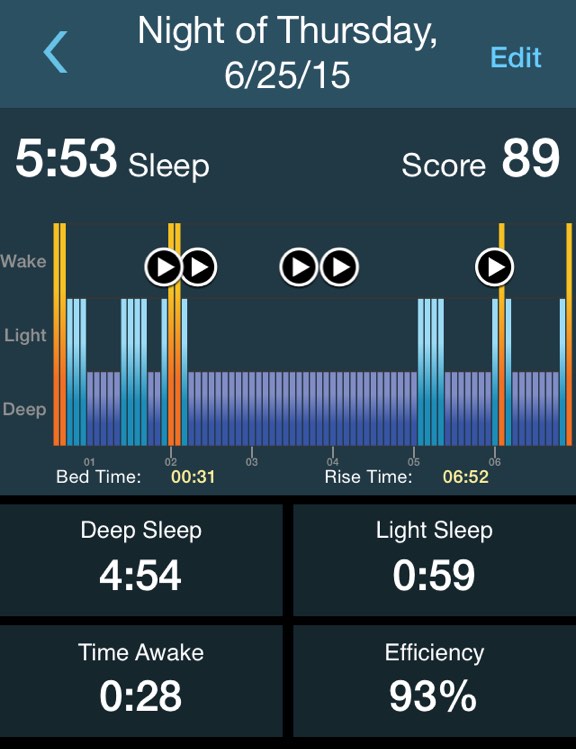In my last post, I talked about making a fresh start online. I've started taking some steps to do exactly that and it starts with Twitter.
I've been on Twitter since it was made public in 2006. I have tweeted a TON of things over the last 9 years, most of which is probably not relevant anymore. I have also accumulated several Twitter accounts over the years, accounts that probably should have been removed long ago, and I deleted those accounts.
I did not want to delete my main Twitter account, I just want to delete everything I've posted. How do you do a mass purge of tweets? Deleting tweets one by one when you only have a few is fine--I did this on another account--but how about when you have more than 40,000 tweets like I did?
There are actually a number of tools out there that claim to do this. However, if they are only working with the Twitter API, you won't actually delete all the tweets. This is because the various API calls that query your most recent tweets will only show your 3200 (or so) most recent ones. If you delete all of those (as many tools do), then older tweets will still exist in the system. If you happen to know the tweet ID, you can still query them.
However, I have found a tool that runs on Windows and can actually delete all your tweets. It's called Twitter Archive Eraser. It's a free tool that runs on Windows-based system that will work with an export of your Twitter archive and delete all your tweets, one by one. I actually use it on my main Twitter account and it worked great, deleting more than 40,000 tweets in around 9 minutes.
For accounts that have 3200 tweets or less, you can use any number of websites, iOS, or Android apps out there. The one I chose, based on a recommendation from Stefan Constantinescu, is called Delete Tweets. It has a big red button that does what it says: deletes all your tweets. You can pay $2.99 for a "pro" version that will give you some filtering options (i.e. you can choose to delete only some tweets). You can run it regularly from your iOS or Android device to reset your tweets back to zero.
The next step is to do this with Facebook.

